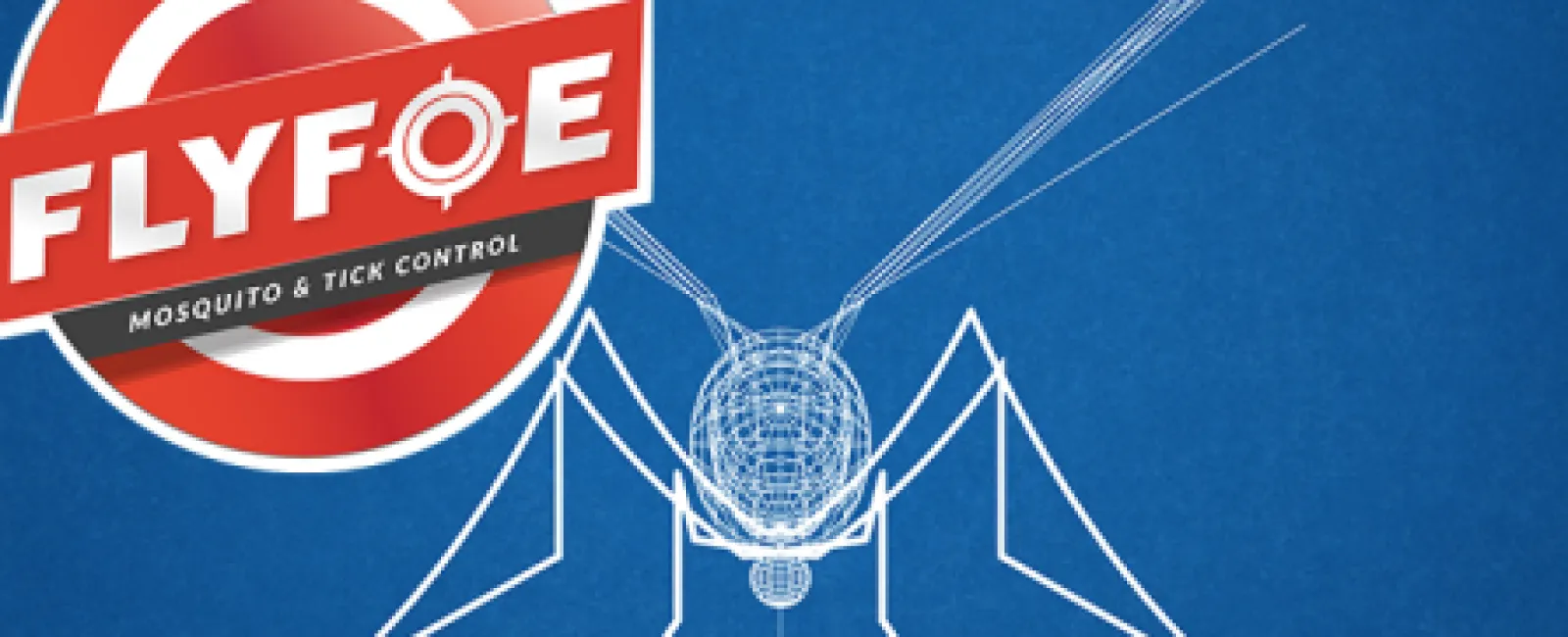World Mosquito Day is just around the corner. It's a day that's celebrated every year on Aug. 20th to mark the day that a British doctor discovered the connection between mosquitoes and malaria, which helped doctors understand how to prevent and fight the disease.
The purpose of World Mosquito Day is to raise awareness about malaria and how to prevent it, as well as to encourage those flying to malaria zones to take antimalarial drugs.
How Prevalent Is Malaria Today?
Approximately 1,700 cases of malaria are diagnosed annually in the U.S., with the majority of cases from travelers and immigrants who contracted the disease from other countries such as sub-Saharan Africa and South Asia, according to the Centers for Disease Control and Prevention (CDC).
But while cases of malaria are rare in the U.S., worldwide the disease affects more than 219 million people every year and kills around 435,000, many of whom are children.
The Discovery that Malaria Is Spread by Mosquitoes
Prior to 1897, the cause of malaria was unknown. However, on Aug. 20th of that year, Sir Ronald Ross, through research he was conducting in India, discovered that malaria was spread by the bite of mosquitoes infected with the malaria parasite. His experiments were carried out on birds, but other doctors would later build on his research to show that mosquitoes similarly spread malaria in humans and other animals by biting a healthy person after feeding on an infected animal or human.
Ross would later win the Nobel Prize for Physiology or Medicine for his discovery in 1902.
Malaria Prevention in the U.S.
Because malaria can be transmitted by mosquitoes to humans, treating it quickly is important to prevent the spread of the disease. So, if you or a loved one experiences symptoms of the disease after traveling to a country where malaria is prevalent, it's very important to see a doctor quickly for diagnostic tests for malaria.
Symptoms of malaria don't show until 10-15 days after being bitten by an infected mosquito. They include fever, tiredness, vomiting, and headaches, and in more severe cases, yellowing of the skin, seizures, coma and death.
The CDC provides a special Malaria Hotline at 770-488-7788 for clinicians needing guidance on diagnosis, management of malaria cases, access to antimalarial medication, or urgent issues related to adverse antimalarial drug reactions.
Do you have a mosquito problem around your home and yard? Patio Patrol can help to protect your turf from the nuisance and dangers of pests, including mosquitoes and ticks that carry dangerous diseases.


